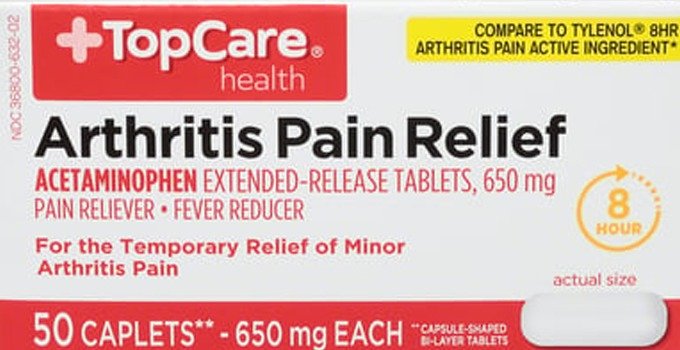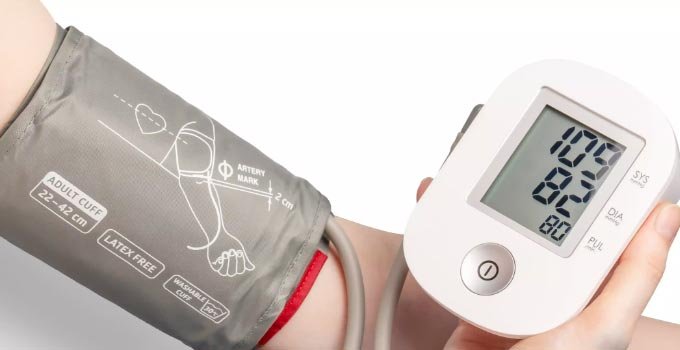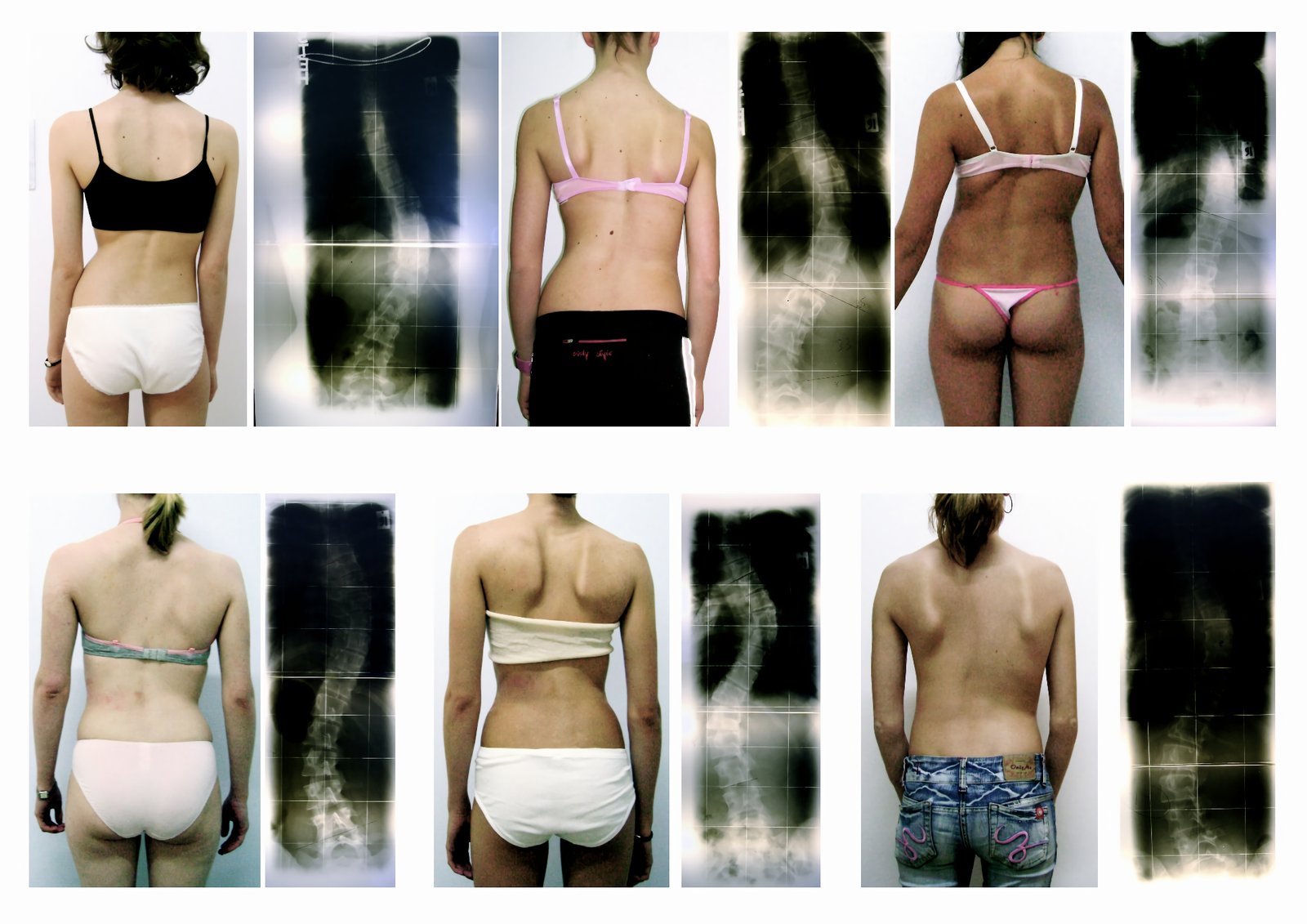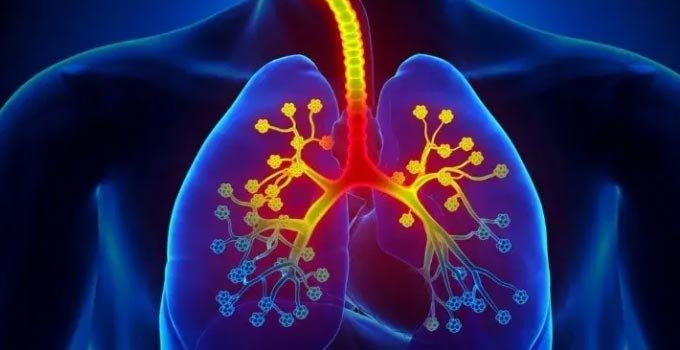Effective Strategies to Manage Hypertension
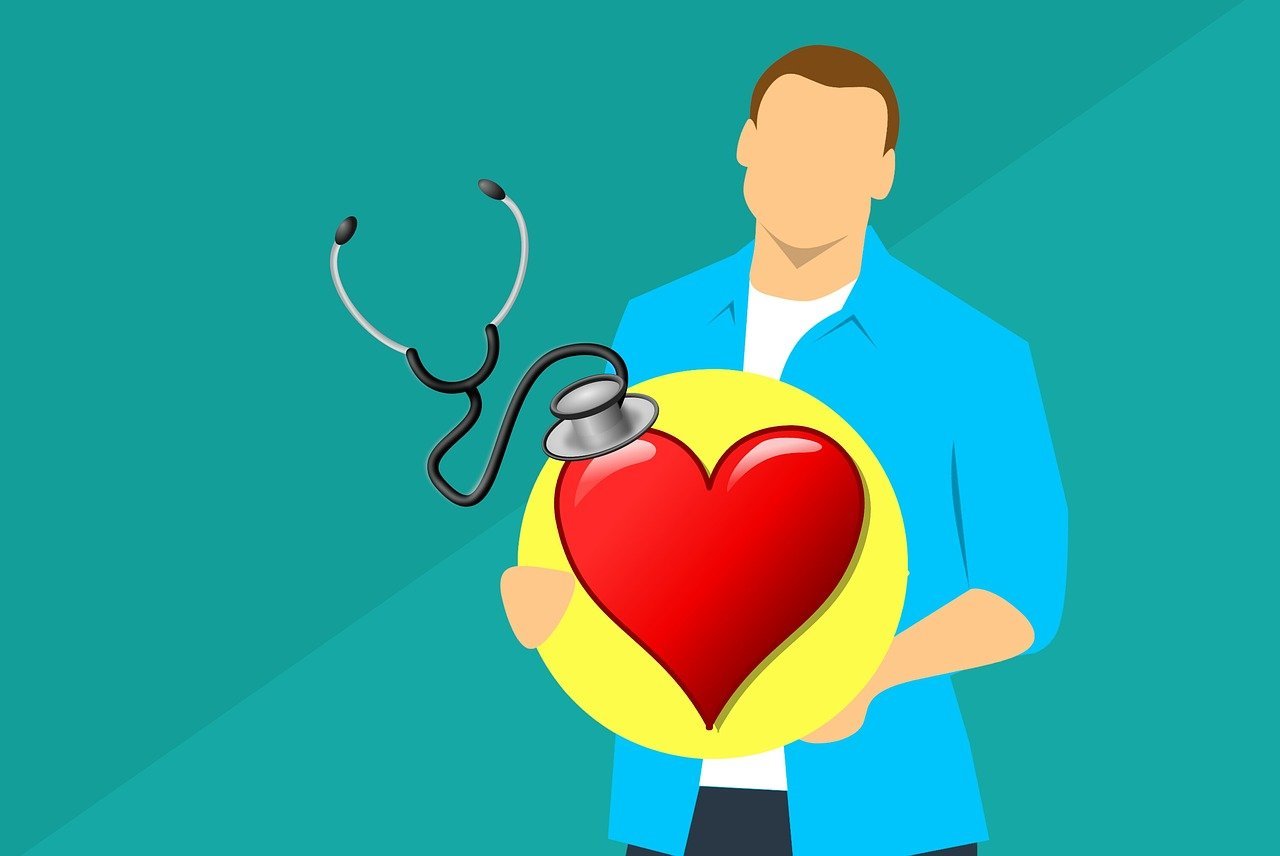
Table of Contents
Understanding Hypertension: Causes and Risks
Hypertension, commonly known as high blood pressure, is a chronic medical condition that affects millions of people worldwide. It occurs when the force of blood against the walls of the arteries is consistently too high. Understanding the causes and risks associated with hypertension is crucial for effective management and prevention of complications.
There are several factors that can contribute to the development of hypertension:
- Genetics: Family history of hypertension can increase the risk of developing the condition.
- Lifestyle choices: Unhealthy habits such as a sedentary lifestyle, poor diet, excessive alcohol consumption, and smoking can all contribute to hypertension.
- Age: As we age, the risk of developing hypertension increases.
- Obesity: Being overweight or obese puts extra strain on the heart and blood vessels, leading to hypertension.
- Chronic conditions: Certain medical conditions like diabetes, kidney disease, and sleep apnea can increase the risk of hypertension.
- Stress: Prolonged periods of stress can elevate blood pressure levels.
Managing hypertension involves a combination of lifestyle modifications, medication, and regular monitoring. Effective strategies to manage hypertension include:
- Adopting a healthy diet: Following a diet low in sodium, saturated fats, and cholesterol, and rich in fruits, vegetables, whole grains, and lean proteins can help lower blood pressure.
- Incorporating physical activity: Regular exercise, such as brisk walking, swimming, or cycling, can help control weight, strengthen the heart, and improve overall cardiovascular health.
- Quitting smoking: Smoking damages blood vessels and increases the risk of heart disease, making it essential to quit smoking to manage hypertension effectively.
- Limiting alcohol intake: Excessive alcohol consumption can raise blood pressure, so it’s important to consume alcohol in moderation or avoid it altogether.
- Reducing stress: Engaging in stress-reducing activities like meditation, yoga, or hobbies can help lower blood pressure and promote overall well-being.
- Taking prescribed medications: For individuals with hypertension, taking medication as prescribed by a healthcare professional is crucial for controlling blood pressure levels.
By understanding the causes and risks associated with hypertension and implementing effective management strategies, individuals can significantly reduce the risk of complications and lead a healthier life.
Lifestyle Modifications for Hypertension Control
Hypertension, commonly known as high blood pressure, affects millions of people worldwide. While medications are commonly prescribed to manage hypertension, lifestyle modifications play a crucial role in controlling and reducing blood pressure levels. Here are some effective strategies that can help you manage hypertension:
- Follow a healthy diet: Adopting the Dietary Approaches to Stop Hypertension (DASH) diet can significantly lower blood pressure. This diet emphasizes fruits, vegetables, whole grains, lean proteins, and low-fat dairy products while limiting sodium, saturated fats, and added sugars.
- Reduce sodium intake: Excessive sodium consumption can cause fluid retention and increase blood pressure. Limiting sodium to less than 2,300 milligrams per day (or even less for some individuals) can help manage hypertension. Avoid processed foods, fast food, and excessive salt usage in cooking.
- Exercise regularly: Engaging in regular physical activity can contribute to maintaining healthy blood pressure levels. Aim for at least 150 minutes of moderate-intensity aerobic exercise or 75 minutes of vigorous-intensity exercise per week. Activities can include walking, jogging, cycling, swimming, or any other form of aerobic exercise.
- Manage stress: Chronic stress can elevate blood pressure. Incorporate stress-reducing activities into your daily routine, such as meditation, deep breathing exercises, yoga, or engaging in hobbies that bring you joy.
- Avoid tobacco and limit alcohol: Smoking and excessive alcohol consumption can raise blood pressure and damage blood vessels. Quit smoking entirely and limit alcohol intake to moderate levels (up to one drink per day for women and up to two drinks per day for men).
- Maintain a healthy weight: Obesity and overweight are risk factors for hypertension. By maintaining a healthy weight through a balanced diet and regular exercise, you can reduce your blood pressure and overall cardiovascular risk.
- Monitor your blood pressure: Regularly check your blood pressure at home or at your healthcare provider’s office to track your progress. This will help you determine the effectiveness of your lifestyle modifications and whether additional interventions may be necessary.
Remember, lifestyle modifications may take time to show significant effects on blood pressure, so be patient and persistent. Always consult with your healthcare provider before making any changes to your treatment plan or starting a new exercise program.
Medications for Hypertension Management
When it comes to managing hypertension, lifestyle modifications are often the first line of defense. However, in some cases, medication may be necessary to effectively control blood pressure. Here are some commonly prescribed medications for hypertension management:
- Thiazide diuretics: These medications reduce the amount of water in the body, which helps lower blood pressure. They are often prescribed as a first-line treatment for hypertension.
- Angiotensin-converting enzyme (ACE) inhibitors: ACE inhibitors work by blocking the production of a hormone called angiotensin II, which causes blood vessels to narrow. By relaxing and widening the blood vessels, ACE inhibitors help lower blood pressure.
- Angiotensin receptor blockers (ARBs): Similar to ACE inhibitors, ARBs also block the action of angiotensin II. They are commonly prescribed for people who cannot tolerate ACE inhibitors due to side effects.
- Calcium channel blockers (CCBs): These medications help relax and widen blood vessels by blocking the entry of calcium into the smooth muscle cells of the heart and blood vessels. This reduces the force of the heart’s contractions and lowers blood pressure.
- Beta-blockers: Beta-blockers work by blocking the effects of adrenaline on the heart, which slows down the heart rate and reduces blood pressure. They are often prescribed for people with certain heart conditions in addition to hypertension.
- Alpha-blockers: Alpha-blockers help relax the muscles in the walls of the blood vessels, allowing blood to flow more easily. They are sometimes prescribed alongside other hypertension medications.
- Combination medications: In some cases, a combination of two or more medications may be prescribed to effectively manage hypertension. These combination medications often include a diuretic along with another type of blood pressure-lowering medication.
It’s important to note that medication should always be taken as prescribed by a healthcare professional. Regular check-ups and monitoring of blood pressure are necessary to ensure that the medication is effectively managing hypertension. Additionally, lifestyle modifications such as maintaining a healthy diet, engaging in regular physical activity, managing stress, and avoiding tobacco and excessive alcohol consumption are key components of hypertension management.
Alternative Therapies and Natural Remedies for Hypertension
While medication is commonly used to manage hypertension, there are also alternative therapies and natural remedies that can help lower blood pressure and promote overall cardiovascular health. These approaches can be used alongside medication or as a standalone treatment, depending on the severity of the condition and the advice of a healthcare professional.
- Dietary Changes: Adopting a heart-healthy diet can significantly impact blood pressure levels. This includes reducing sodium intake, consuming more fruits and vegetables, whole grains, lean proteins, and healthy fats such as those found in olive oil and avocados.
- Exercise and Physical Activity: Regular physical activity has been shown to lower blood pressure. Engaging in aerobic exercises like walking, jogging, swimming, or cycling for at least 30 minutes most days of the week can help reduce hypertension.
- Stress Reduction Techniques: Chronic stress can contribute to elevated blood pressure. Practicing stress-reducing techniques such as deep breathing exercises, meditation, yoga, or engaging in hobbies can help manage hypertension.
- Herbal Supplements: Some herbal supplements have shown promise in reducing blood pressure. Examples include garlic extract, hawthorn, hibiscus tea, and fish oil. However, it is important to consult with a healthcare professional before incorporating any supplements into your routine.
- Acupuncture: Acupuncture, a traditional Chinese medicine practice, involves the insertion of thin needles into specific points on the body. Studies suggest that acupuncture may help lower blood pressure and improve overall cardiovascular health.
- Mind-Body Techniques: Practices such as biofeedback, guided imagery, and relaxation exercises have been found to be beneficial in managing hypertension. These techniques focus on the mind-body connection and can help reduce stress and promote relaxation.
It is important to note that while alternative therapies and natural remedies can be effective in managing hypertension, they should not replace medical treatment. It is essential to work with a healthcare professional to develop a comprehensive treatment plan that suits your individual needs and ensures the best possible outcome for your condition.
Importance of Regular Monitoring
Regular monitoring is an essential component of effectively managing hypertension. Hypertension, or high blood pressure, is a chronic condition that can have serious consequences if left uncontrolled. By regularly monitoring your blood pressure, you can take proactive steps to manage and control this condition, reducing the risk of complications and improving your overall health.
- Identification of Uncontrolled Blood Pressure: Regular monitoring allows you to identify if your blood pressure is consistently high or if it fluctuates throughout the day. This information can help you and your healthcare provider determine if your current treatment plan is effective or if adjustments need to be made.
- Prevention of Complications: High blood pressure can lead to various complications such as heart disease, stroke, kidney problems, and vision issues. By monitoring your blood pressure regularly, you can detect any changes early on and take necessary steps to prevent these complications from occurring.
- Optimization of Treatment: Monitoring your blood pressure allows you to assess the effectiveness of your current treatment plan. If your blood pressure remains high despite medication and lifestyle changes, your healthcare provider can adjust your treatment to better manage your hypertension.
- Lifestyle Modifications: Regular monitoring can help you identify patterns and triggers that contribute to elevated blood pressure. By tracking your readings, you can make necessary lifestyle modifications such as reducing sodium intake, increasing physical activity, managing stress, and maintaining a healthy weight.
- Empowerment and Awareness: Monitoring your blood pressure gives you a sense of control over your condition. It allows you to actively participate in the management of your health and promotes a greater awareness of how your lifestyle choices impact your blood pressure levels.
Remember, hypertension is often a silent condition with no noticeable symptoms. Regular monitoring is crucial to detect any changes in your blood pressure and take appropriate action. Consult with your healthcare provider to establish a monitoring schedule that is suitable for your specific needs and circumstances.
















